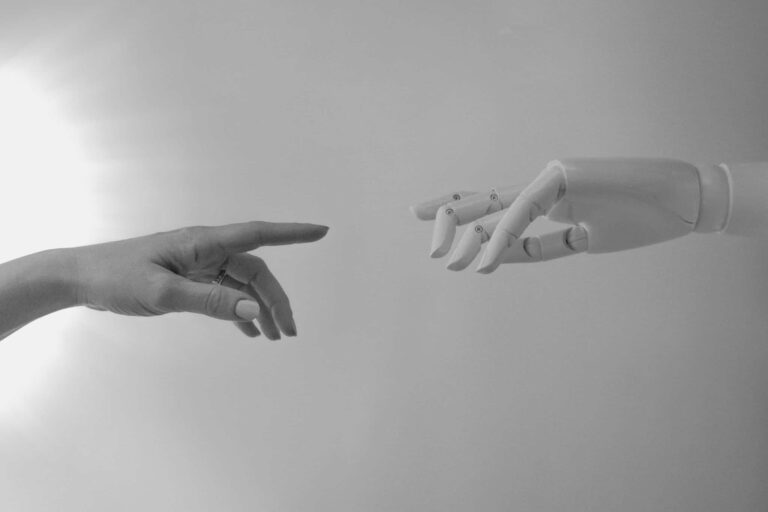6 Signs It’s Time to Consider Assisted Living—And How to Talk About It
Making the decision to move a loved one into assisted living can feel like stepping into uncharted territory with your heart in your throat. I know that feeling well—I went through it with my own grandmother. I wrestled with guilt, second-guessing myself, and the ache of watching her struggle with things that once came so easily.
But here’s what I learned: recognizing when it’s time for assisted living isn’t about taking away independence. It’s about making a compassionate choice—one that honors dignity while ensuring safety, comfort, and joy.
Let’s walk through six of the most important signs that it might be time to have that conversation.
1. Social Isolation Is Taking Its Toll
Maybe your mom used to be the social spark in every room—organizing neighborhood dinners, playing bridge every week, laughing loud and often. Now she rarely leaves the house, avoids gatherings, and that familiar sparkle in her eyes feels dim.
This isn’t just a “phase.” Social isolation can be as damaging as smoking 15 cigarettes a day. More than 11 million older adults live alone, and loneliness often invites depression, poor habits, and even serious health risks.
The difference I’ve seen in seniors who move into assisted living is remarkable. People who were fading in solitude begin laughing at movie nights, joining group walks, swapping stories over dinner, and forming genuine friendships that breathe life back into their days.
2. Health Challenges Are Becoming Overwhelming
Here’s a surprising truth: falls are rarely “just accidents.” They’re often red flags. If your loved one has fallen more than once, or if you notice them becoming frailer, it may be time to consider professional support.
Nearly one-third of seniors fall each year, and the consequences can be serious. Add in chronic conditions like diabetes, heart disease, or memory loss, and living alone can quickly become dangerous.
In assisted living, there’s 24/7 access to trained staff, medication management, and care coordination. Think of it as a safety net—one that catches issues before they turn into emergencies.
3. Financial Management Is Slipping Away
Maybe your dad could once balance a checkbook in his sleep. Now, though, you’re finding unpaid bills, questionable purchases, or worse—evidence of financial scams.
This isn’t about taking over—it’s about protecting someone you love. Cognitive changes often show up first in financial confusion, and unfortunately, seniors are prime targets for scammers.
Assisted living offers structured systems that keep finances on track while allowing your loved one to hold onto their dignity.
4. The Home Environment Is Becoming Unsafe
Take a look around their home. Are dishes piling up? Is the fridge full of expired food? Do you notice clutter, dust, or even safety hazards that weren’t there before?
These changes aren’t about laziness. They often signal that managing a household has simply become too much. But clutter increases fall risks, poor nutrition can spiral into health problems, and an unsafe home environment adds stress on everyone.
5. Personal Hygiene Is Declining
This one’s hard to talk about, but so important. If bathing has become rare, clothing is often unwashed, or odors are noticeable, it’s usually a sign of fear, physical limitations, or memory challenges.
Most seniors won’t admit they’re scared of slipping in the shower (where 80% of falls happen), but it’s real. Assisted living staff are trained to handle these needs with compassion and respect—helping loved ones feel comfortable, clean, and cared for without shame.
6. Daily Activities Are Becoming Struggles
When dressing, cooking, or even moving from bed to chair starts to feel like climbing a mountain, it’s time to take note. Healthcare professionals call these “Activities of Daily Living” (ADLs)—things like bathing, dressing, eating, and toileting.
If your loved one struggles with two or more ADLs, assisted living can provide the right balance: enough help to keep them safe and comfortable, without stripping away their independence.
The Path Forward
Noticing these signs doesn’t mean you’ve failed. It means you love your family enough to pay attention—and to make hard decisions rooted in care, not convenience.
Assisted living isn’t about what’s lost. It’s about what’s gained: 24-hour support, new friendships, better nutrition, safer spaces, and peace of mind—for them and for you.
If you’re starting to consider this step, include your loved one in the process. Visit communities together. Ask questions. Look for a place that feels warm and welcoming, not clinical or cold.
At the end of the day, choosing assisted living isn’t about giving something up—it’s about giving something back: dignity, connection, safety, and the chance to thrive.




